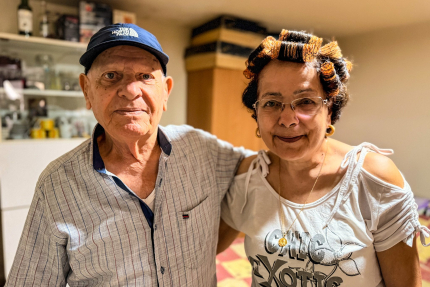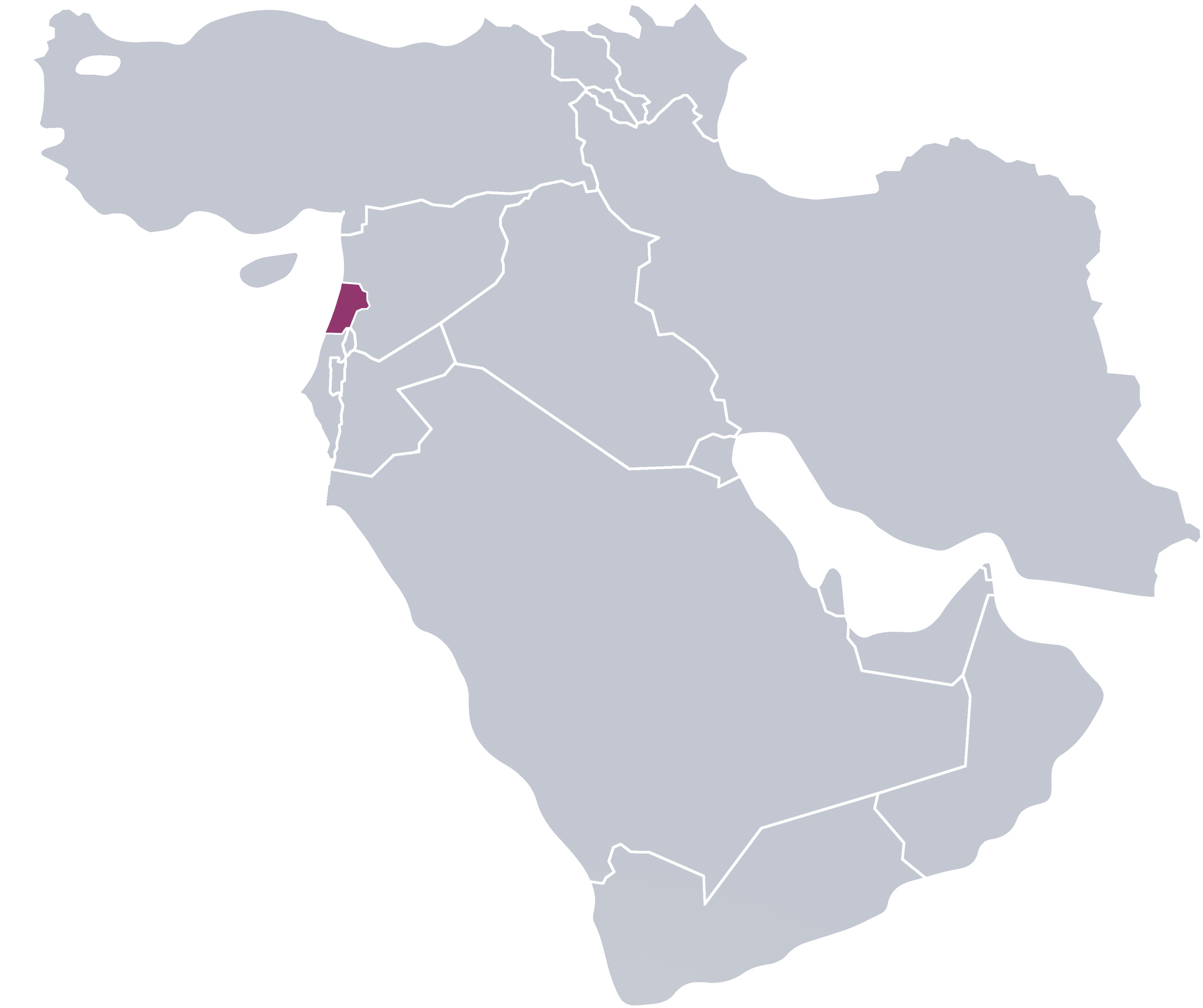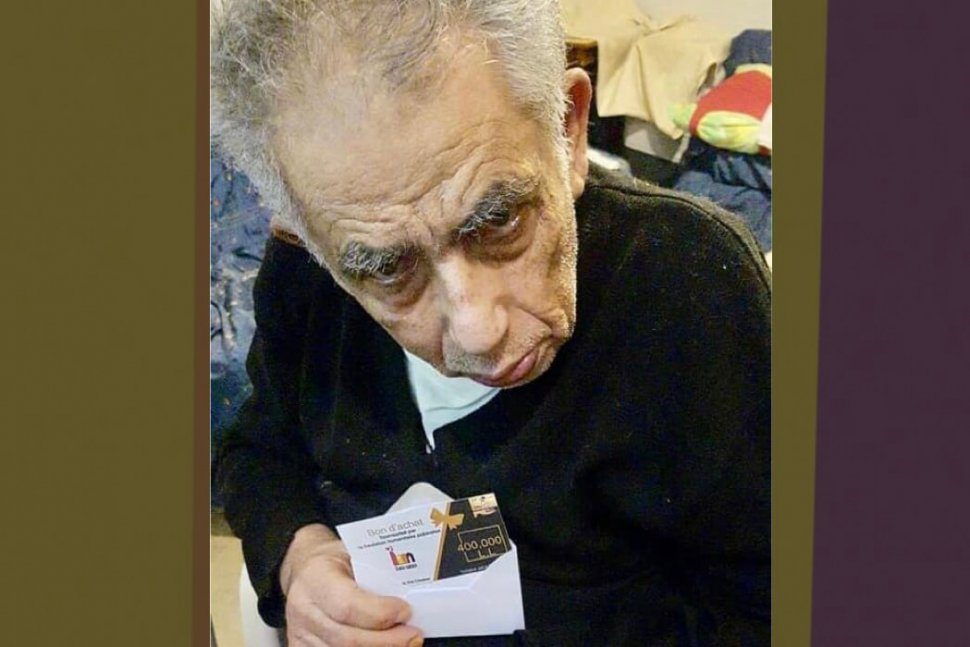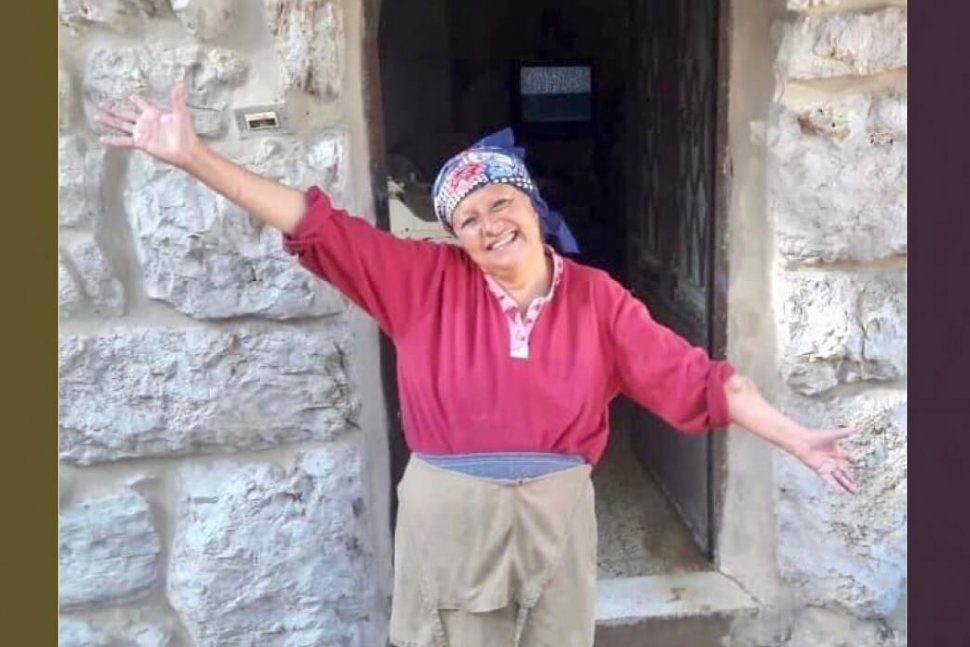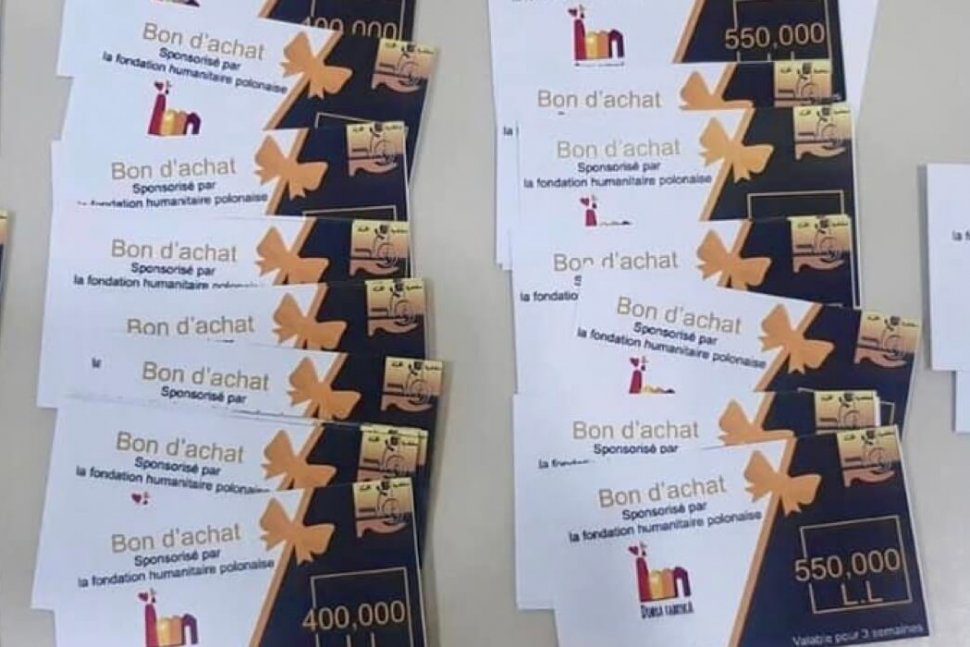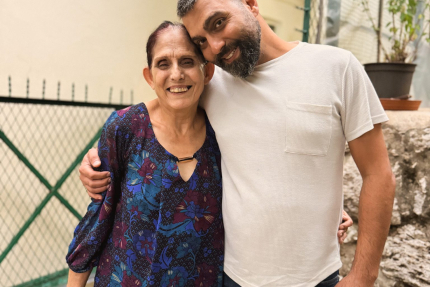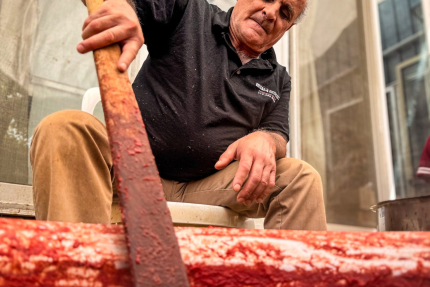“I have no choice. I have to leave my job. Filling up the car and getting to work already costs more than my salary. But how am I supposed to live now?” asks a heartbroken friend from Lebanon.
This is the question faced on a daily basis by 80% of the Lebanese, for whom living conditions that were “normal” or “acceptable” only two years ago have long ceased to exist. “I never expected to see the end of the world”, our friend continues with a trembling voice.
This is what the situation in Lebanon is like for the majority of its inhabitants. The end of a relatively stable life at a level comparable to that in Poland. Fuel prices are rising dramatically (by 25% in the last week), which means that 20 litres of petrol costs the same as one fifth of the salary of an average wage earner. Putting this into our own reality, it is as if, given the average income in Poland, we had to spend not 6 PLN but 60 PLN per litre of fuel. The economic crisis, which is gathering pace with every passing day and is the greatest in the world since the 19th century, has brought more than three quarters of society to the brink of poverty within two years. The middle class has practically ceased to exist.
But what currently frightens the Lebanese most is any illness, however slight. Since the Central Bank cut its subsidies for imported medicines at the beginning of this year as a result of dwindling foreign currency reserves, pharmacy shelves across the country have been empty. Those medicines that are still available are an unaffordable expense for many. Numerous hospitals are on the verge of being closed. Not just because of constant power cuts lasting several hours, but also because of a lack of basic anaesthetic drugs for the simplest of procedures. Chronically ill patients struggling with cancer, diabetes and high blood pressure are in a tragic situation. For them, there are no medicines at all. People tremble with fear whenever their children develop a fever.
Thanks to you, 260 chronically ill people can breathe a sigh of relief in this tragic situation! For two months now, The Good Factory has been reaching out to them, together with Dr Elias and his Adventure of Charity organisation, to provide them with vital medicines. The people in the doctor’s care are mostly elderly people living on the poverty line. Without help in the current situation in the country, they would have no chance of surviving the next few months.
See for yourselves the great joy you brought to the face of Marie-Claire (61 years old), who has been on dialysis for 5 years due to kidney disease and needs to be permanently medicated. Tears of emotion also flowed from Marie-Therèse’s eyes. Her 61-year-old husband has been paralysed in bed for several years. He uses a feeding tube and needs specialised care. Your help is not just about medication. You have given the people in Dr Elias’s care shopping vouchers which they will be able to exchange for the food they need.
Watching Dr Elias’ work, we had no doubt that it was with him that we wanted to go to help the Lebanese. His philosophy of helping, so close to ours, is always about meeting other people. There is no mass handing out of medicines at the distribution point, but stopping even for a moment at the home of every person in need and talking to them. Something that these people need as much as life-saving medication. And this is always done discreetly and with full respect for their dignity.
At Adventure of Charity’s small headquarters, preparations have already begun for individual Christmas bags with medicines for each recipient. And while Christmas still seems a long way off to us, it’s a busy time for Dr Elias as he tries to find medicines at home and abroad. We are very keen for you to visit Good Works 24/7 today and together with us help fill these bags with medicines. For them, every little purchase you make is worth LIFE!
